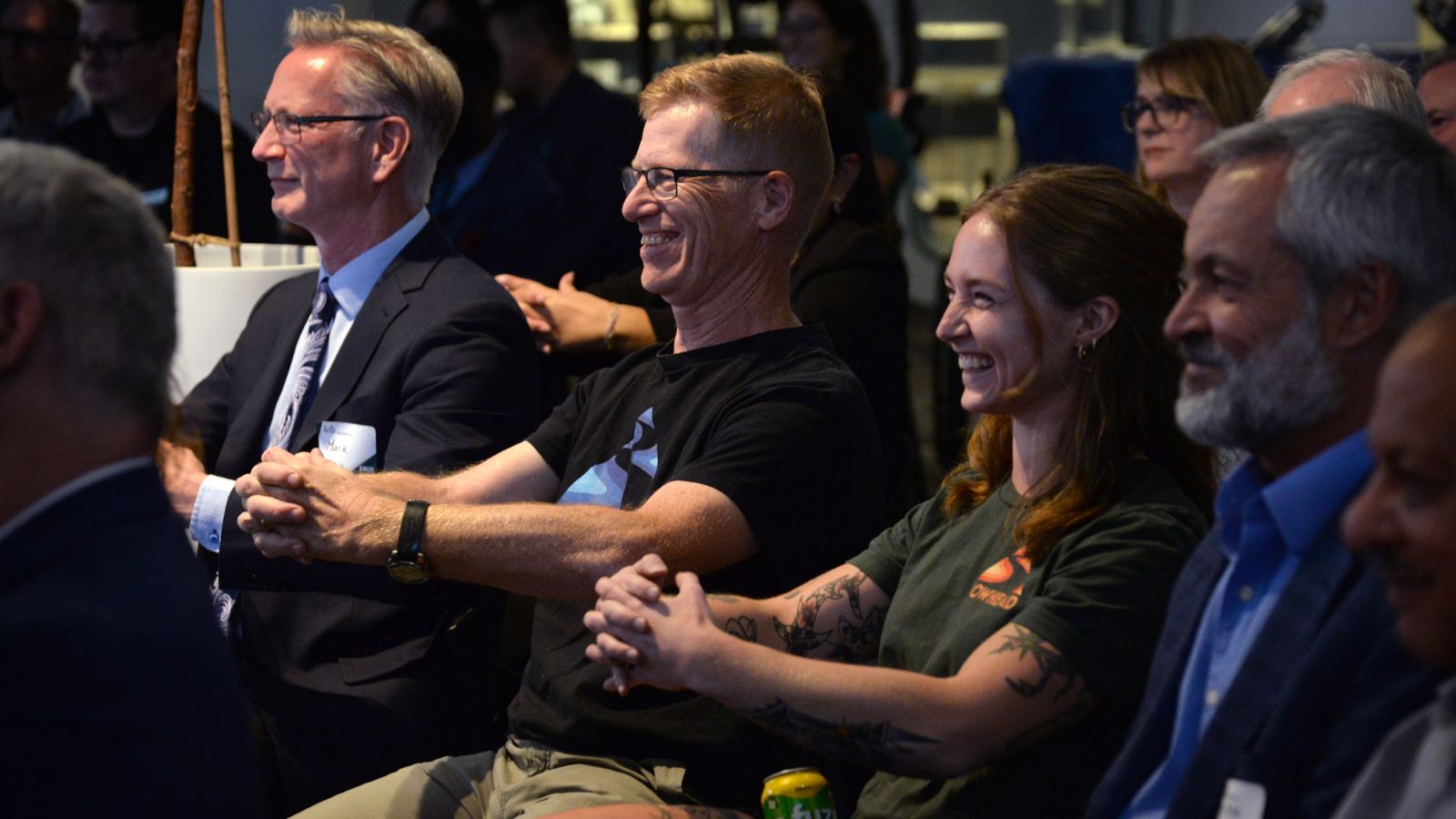Science
Innovative Program Accelerates Medtech Adoption in Canada

Canada invests significantly in healthcare, with the Canadian Institutes of Health Research (CIHR) allocating over $1.3 billion in 2023–2024 for health research and training. Despite this financial commitment, many promising medical technologies struggle to transition from research labs to clinical practice. A new initiative at Edmonton’s Glenrose Rehabilitation Hospital aims to bridge this gap by fostering collaboration between innovators and healthcare professionals.
During Life Sciences Week, the Glenrose Hospital Foundation and the Edmonton Regional Innovation Network co-hosted a showcase that highlighted technologies developed through partnerships with clinicians and patients. The program, backed by a $2.1 million investment from PrairiesCan, supports Alberta-based companies in refining their products within real healthcare environments.
Transforming Medtech Development
The initiative represents a shift in the development process. Instead of treating clinical validation as a final step after extensive research, startups engage with therapists, clinicians, and patients from the outset. This collaborative approach allows for real-time feedback, ultimately shaping solutions that are integrated into everyday healthcare practices.
Andrew Chan, senior program lead for research and innovation at Glenrose, emphasized the importance of this integration: “The true sign that an innovation has been successful is that people don’t think it’s an innovation anymore. It’s just how we do things.” His team operates on two core principles: fostering a culture of inquiry among hospital staff and transitioning ideas into standard care practices.
Chan noted, “We develop things for clinicians. They bring us a problem, we make it for them.” This expectation of real-world application creates a unique pressure for entrepreneurs. During the showcase, founders discussed how feedback from Glenrose clinicians prompted significant redesigns of products, including wheelchairs and rehabilitation tools.
Real-World Impact on Startups
Christian Bagg, founder of Bowhead, shared his experience of pivoting from adaptive mountain bikes to regulated medical devices like wheelchairs, driven by customer demand. “When 1,000 customers from around the globe said, ‘I want my own Bowhead wheelchair,’ that’s when we leaned back on the Glenrose,” Bagg explained. The support he received through clinician feedback and technical guidance was crucial for transitioning into a highly regulated industry.
Cindy Sim, co-founder of Team CarePal, focused on the critical stage of hospital discharge. Her digital platform connects family caregivers with necessary resources, helping to ease transitions from hospital to home. “This partnership gave us the experience to validate our technology,” Sim noted, highlighting the importance of understanding the workflows that caregivers need.
Darryl Short, founder of Karma Medical Products, experienced similar benefits. Feedback from Glenrose staff helped shape the features of the FEPSim rehabilitation device. “They basically told us what to make,” he said. After five iterations, the device is now utilized by patients, showcasing a new model for tracking upper extremity recovery.
Gautam Sadarangani, co-founder of Tenzr, addressed a prevalent challenge in rehabilitation. He noted that “Ninety percent of the patient’s time is spent outside of the direct supervision of a healthcare provider,” which often leads to gaps in care. Sadarangani’s collaboration with Glenrose facilitated a transition from concept to implementation, ensuring that home-based care tools reinforce therapeutic progress between clinical visits.
The showcase demonstrated a significant trend: the early integration of clinical feedback is essential for moving innovations beyond mere prototypes. This unique model offers a blueprint for ensuring that new technology serves patients effectively, paving the way for sustainable companies within the healthcare landscape.
Digital Journal partnered with Life Sciences Week, underscoring the importance of these initiatives. By investing in collaborative relationships between hospitals and early-stage companies, the Glenrose Rehabilitation Hospital exemplifies a proactive approach to medtech adoption. The focus on clinical usefulness and patient outcomes can facilitate the transition of innovative technologies from development to everyday use in patient care.
-

 Science3 months ago
Science3 months agoToyoake City Proposes Daily Two-Hour Smartphone Use Limit
-

 Top Stories3 months ago
Top Stories3 months agoPedestrian Fatally Injured in Esquimalt Collision on August 14
-

 Health3 months ago
Health3 months agoB.C. Review Reveals Urgent Need for Rare-Disease Drug Reforms
-

 Technology3 months ago
Technology3 months agoDark Adventure Game “Bye Sweet Carole” Set for October Release
-

 World3 months ago
World3 months agoJimmy Lai’s Defense Challenges Charges Under National Security Law
-

 Lifestyle3 months ago
Lifestyle3 months agoVictoria’s Pop-Up Shop Shines Light on B.C.’s Wolf Cull
-

 Technology3 months ago
Technology3 months agoKonami Revives Iconic Metal Gear Solid Delta Ahead of Release
-

 Technology3 months ago
Technology3 months agoApple Expands Self-Service Repair Program to Canada
-

 Technology3 months ago
Technology3 months agoSnapmaker U1 Color 3D Printer Redefines Speed and Sustainability
-

 Technology3 months ago
Technology3 months agoAION Folding Knife: Redefining EDC Design with Premium Materials
-

 Business3 months ago
Business3 months agoGordon Murray Automotive Unveils S1 LM and Le Mans GTR at Monterey
-

 Technology3 months ago
Technology3 months agoSolve Today’s Wordle Challenge: Hints and Answer for August 19









